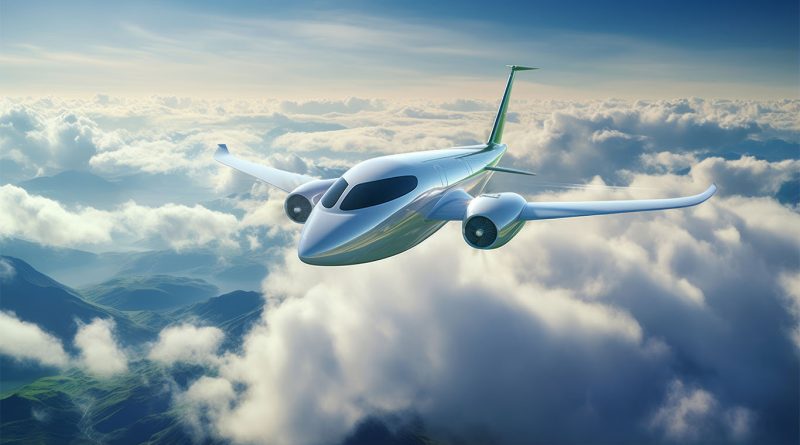10 Key Insights on Electric Planes Revolutionizing the Skies
Welcome to the dawn of a new era in aviation. The introduction of electric planes marks a pivotal shift, not just in the way we fly, but in how we conceptualize air travel and logistics. Join us as we explore the transformative impact of electric aviation, highlighting ten key insights that underscore its revolutionary role in the industry.
1. A New Era in Aviation
Electric aviation signifies a groundbreaking shift in air travel and logistics. Electric planes, powered by battery or hybrid systems, offer a cleaner, quieter, and more efficient alternative to traditional aircraft, promising to revolutionize the industry.
2. Sustainability Soaring with Electric Aircraft
The adoption of electric planes is a major step towards sustainable aviation. With zero emissions during flight, these aircraft significantly reduce the environmental impact of air travel, aligning with global efforts to combat climate change.
3. Revolutionizing Air Freight: Electric Cargo Planes Take Off
Electric planes are not just for passenger travel; they’re transforming air freight. Companies like DHL are pioneering this transition, leveraging electric aircraft for more efficient, cost-effective, and eco-friendly cargo transportation.
4. The Rise of eVTOL: Urban Air Mobility Unleashed
Electric Vertical Take-Off and Landing (eVTOL) aircraft are set to redefine urban transportation. These versatile vehicles can operate in tight spaces, offering new possibilities for city commuting and logistics.
5. Navigating the Challenges of Electric Flight
Despite their potential, electric planes face hurdles like battery limitations, infrastructure needs, and regulatory frameworks. Overcoming these challenges is crucial for the widespread adoption of electric aviation.
6. Global Race for Plane Innovation
Countries worldwide are investing in electric plane technology, recognizing its potential for economic growth and environmental benefits. This global interest is fueling rapid advancements in the field.
7. Beyond Batteries: Alternative Technologies
Innovations in electric aviation aren’t limited to batteries. Alternative technologies like solar power and hydrogen fuel cells are being explored to extend the range and efficiency of electric aircraft.
8. The Future of Passenger Travel
As electric planes develop, they’re poised to transform passenger air travel. These aircraft could make air travel more accessible and affordable, opening new routes and destinations.
9. Economic Impact of Electric Aviation
The shift to electric planes carries significant economic implications. From creating new jobs in manufacturing and maintenance to stimulating technological innovation, electric aviation is a key driver of economic progress.
10. What’s Next: The Future of Electric Planes
The future of electric planes is bright, with ongoing research and development promising more efficient, powerful, and longer-range aircraft. This evolution will continue to shape the future of aviation and logistics.
Electric planes are poised to revolutionize the aviation industry, ushering in a new era of sustainability, efficiency, and innovation. With zero emissions, electric aircraft promise to transform air travel and logistics, paving the way for cleaner skies and a more sustainable future. As companies and governments invest in electric aviation technology, we’re witnessing a global shift towards greener transportation solutions.
